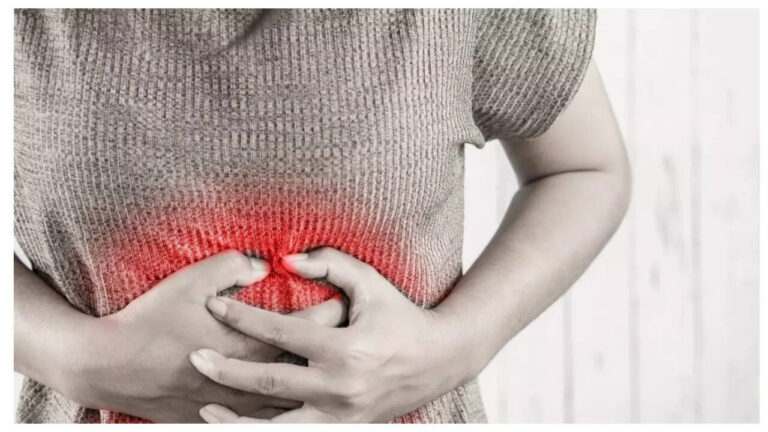
A recent study by the Florey Institute of Neuroscience and Mental Health has found that COVID-19 can cause changes in sperm that may impact offspring behaviour. Using a mouse model, researchers observed that male mice infected with SARS-CoV-2 before mating produced offspring who exhibited higher levels of anxiety-like behaviours. These changes were linked to alterations in non-coding RNA in sperm, which play a key role in regulating gene expression. Female offspring also showed significant changes in gene activity in the hippocampus, a brain region critical for anxiety and mood regulation. The findings have been published in Nature Communications. While further studies are needed in humans, these results suggest the pandemic could have long-lasting effects on future generations.
How COVID-19 affects sperm
The study showed that COVID-19 infection can alter various RNA molecules in sperm, including non-coding RNAs that regulate how genes are expressed. These RNAs act as molecular instructions, guiding offspring development and brain function. Changes in these molecules due to viral infection can potentially influence neurological development and behaviour in offspring. According to Professor Anthony Hannan, the study is the first to show that SARS-CoV-2 infection before conception can directly impact sperm in ways that affect the next generation.
Evidence from mouse studies
In controlled experiments, male mice were allowed to recover from COVID-19 for several weeks before mating with healthy females. The resulting offspring consistently displayed increased anxiety-like behaviours compared to offspring from uninfected fathers. Detailed analysis revealed significant gene activity changes in the hippocampus, the brain’s region responsible for regulating emotion, stress response, and anxiety.Female offspring showed particularly strong alterations in genes linked to affective behaviours. First author Dr. Elizabeth Kleeman explained that these findings demonstrate how viral infections in males can indirectly shape brain development in their children. The research has been published in Nature Communications, emphasizing its contribution to epigenetic science.
Implications for future generations
The study raises important questions about the long-term consequences of COVID-19 beyond those directly infected. Professor Hannan noted that if similar effects occur in humans, millions of children could be impacted worldwide, with potential implications for mental health and development. These findings underscore the importance of understanding COVID-19 not just as an acute illness but as a factor that may influence reproductive health and the well-being of future generations.
The role of epigenetics
The research highlights the concept of epigenetic inheritance, where environmental factors, including viral infections, can alter molecular information in sperm. Such changes can influence the next generation without altering the DNA sequence itself. Dr. Carolina Gubert, co-senior author, explained that modifications in sperm RNA can transmit instructions that shape brain development, stress response, and behavioural traits in offspring. This finding builds on previous knowledge that factors like diet and stress can have similar transgenerational effects, showing that COVID-19 may add another layer of influence.
Next steps in research
While this study provides compelling evidence in mice, further research is needed to understand if the same mechanisms occur in humans. Researchers aim to examine sperm from men who have recovered from COVID-19 and study any potential behavioural or neurological impacts on their children. Understanding these effects could help shape public health guidelines, reproductive advice, and early interventions to mitigate long-term consequences.








